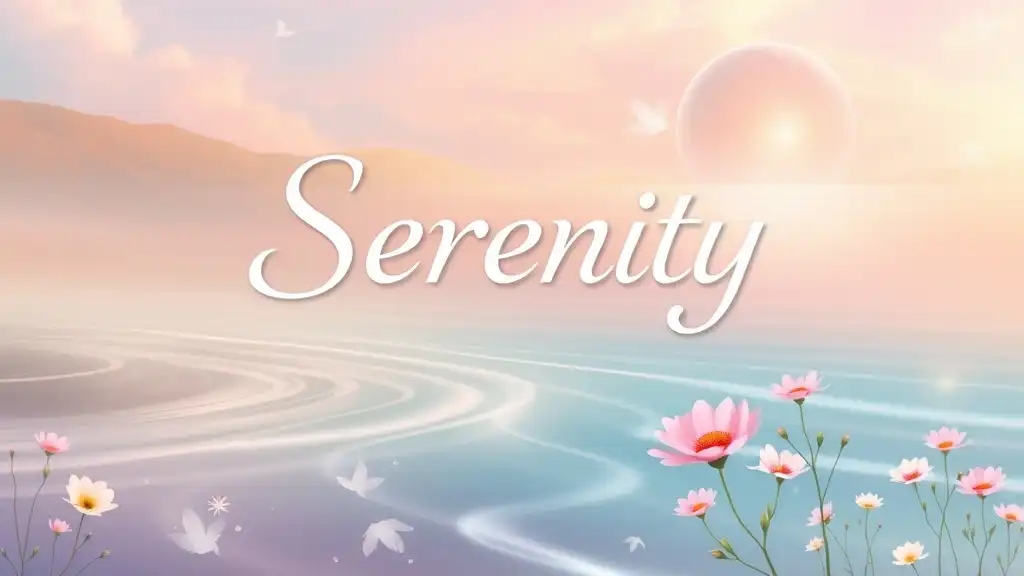Unity is a profound concept often overlooked in our fast-paced, individualistic world. In a spiritual context, unity embodies the essence of interconnectedness, allowing us to transcend personal boundaries and embrace a collective consciousness that fosters peace, understanding, and love. In exploring the spiritual meaning of unity, we can uncover its significance not only for our personal growth but for the health of our communities and the planet as a whole.
The Concept of Unity
Definition of Unity
Unity can be understood as the state of being one or uniting multiple elements into a cohesive whole. In spiritual terms, it refers to an interconnectedness that goes beyond physical existence. It is the realization that we are all part of a larger tapestry woven together by love, energy, and intention.
Historical Perspectives on Unity
Throughout history, various spiritual traditions have embraced the concept of unity. Ancient spiritual practices often emphasized the connection between humanity and the cosmos. Many indigenous cultures view the universe as a unified entity, promoting harmony with nature and each other. Similarly, major world religions preach unity, from the idea of oneness in Hinduism, to the concept of brotherhood in Christianity and Islam. Each tradition highlights that despite our differences, we share a common essence.

Spiritual Significance of Unity
Connection with the Divine
Unity serves as a pathway to spiritual enlightenment. By recognizing that we are all interconnected, we can foster a deeper relationship with the Divine. When we align our energies with those around us, we open ourselves to higher consciousness, allowing us to access greater wisdom and clarity. In many spiritual journeys, the realization of oneness often leads to profound transformations, illuminating our paths with love and compassion.
Unity and Inner Peace
When we embrace unity, we cultivate an intrinsic sense of peace. This inner tranquility emerges as we dissolve feelings of separation and ego. Practices such as meditation allow us to experience our true self, facilitating a sense of unity with all of existence. Techniques like loving-kindness meditation can help focus our intentions on fostering unity, leading to personal serenity and a broader sense of connection with others.

Unity in Community and Relationships
The Importance of Collective Spirituality
Collective spirituality is a powerful manifestation of unity. Group spiritual practices—such as communal prayers, shared chants, and collective meditation—create a profound energetic exchange that enhances individual experiences. When people come together with a shared intention, the resulting synergetic energy can uplift the entire community, fostering deeper connections and a collective sense of purpose.
Building Stronger Relationships through Unity
Fostering unity within our relationships requires conscious effort and intention. By focusing on empathy and understanding, we can break down barriers and cultivate stronger bonds. Simple practices such as open communication, active listening, and being present for each other can significantly transform the dynamics of our relationships. Forgiveness plays a vital role here, as it allows us to release the burdens that separate us.

Unity vs. Division
Consequences of Division
The consequences of division are profound. Spiritually, disunity can lead to a fragmented sense of self and a collective inability to grow. When we see ourselves as separate entities, we miss out on the opportunity for shared growth and understanding. Division breeds fear, hostility, and misunderstandings, which can hinder personal and societal progress.
Overcoming Division to Foster Unity
To counter division, we must actively promote unity through empathy and compassion. Engaging in dialogues that embrace diversity can illuminate common ground and foster mutual respect. Practices that encourage collaboration, such as community projects or interfaith dialogues, can break down walls and facilitate a more integrated society.

Practical Ways to Embrace Unity
Meditation and Mindfulness Practices
Incorporating meditation and mindfulness practices into our daily lives can significantly enhance our experience of unity. Guided meditations focusing on themes of interconnectedness remind us of our shared existence. Mindfulness exercises, such as focusing on our breath or observing our thoughts without judgment, can also cultivate a greater sense of presence and connection with the people around us.
Engaging in Acts of Service
Engaging in acts of service can profoundly impact our understanding of unity. When we participate in community service, we recognize our interdependence and shared humanity. Opportunities to volunteer not only help those in need but also solidify our connection with our fellow beings. These acts reinforce the idea that we are all in this together, working towards a common goal of love and support.

The Future of Unity in Spirituality
Trends in Spirituality and Unity
In recent years, we have witnessed a significant rise in global spiritual movements advocating for unity. These movements seek to transcend cultural and religious boundaries, promoting a vision of togetherness that resonates deeply in our increasingly polarized world. Greater access to information and online platforms has fostered connections among diverse groups, encouraging collective spiritual practices across geographical divides.
Vision for a Unified Spiritual Community
Envisioning a world where unity prevails involves embracing diversity and recognizing that every individual contributes uniquely to the collective experience. This vision requires commitment and a shared understanding that our connection to one another is not just beneficial but essential for our survival and growth as a species.

Conclusion
In exploring the spiritual meaning of unity, we uncover the profound truth that we are all intricately connected. By promoting unity within ourselves, our relationships, and our communities, we can foster a world that thrives on love, compassion, and understanding. Embracing unity invites us to transcend our differences and experience the richness of our shared existence, ultimately illuminating our spiritual paths.



















